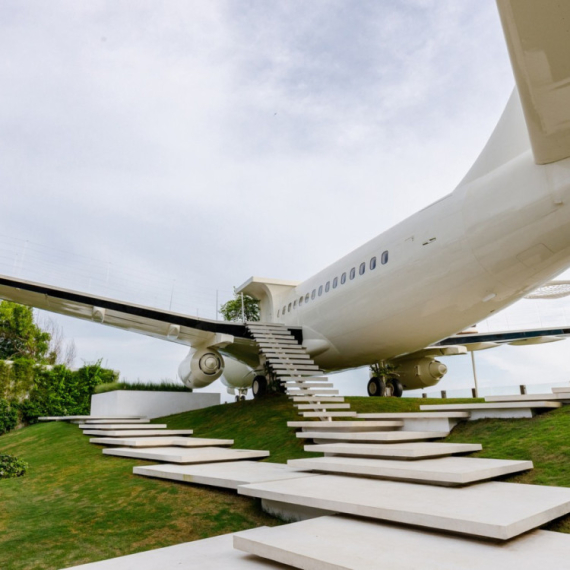EU "supports media, doesn't interfere in editorial policy"
The EU provides financial grants in support of freedom of expression, and gives them to "independent and non-government organizations throughout the region."
Tuesday, 13.01.2015.
14:39

EU "supports media, doesn't interfere in editorial policy"
A statement further noted that "political interference in the media, economic concerns such as media concentration and various forms of harassment, including violence against journalists, remain topical issues in societies of the Western Balkans and Turkey.""Improving this situation inevitably goes beyond a simple transposition of EU rules: it calls for behavioral and cultural change in politics, judiciary and media," it added.
The statement explained that the EU supports this process "by providing legal assistance and guidance in drafting media legislation, thoroughly monitoring the policies of candidate countries and potential candidates in this field, providing financial support through IPA programs."
The EU Delegation published the release as its head, Michael Davenport, and Serbian Prime Minister Aleksandar Vucic are meeting in a bid to resolve a controversy involving the reporting of one of EU's media grantees, BIRN.
Vucic reacted strongly to the publication's claim concerning a tender to select a company to pump water out of a flooded mine, accusing its reporters of lying and being paid by the EU. The World Bank, which financed the project with a loan, later said that the tender was carried out according to valid domestic regulations.
Freedom of expression is key to a country's readiness to become part of the EU," said today's statement. " It implies a commitment to democracy, good governance and political accountability. Accordingly, no country can join the EU without guaranteeing freedom of expression as a basic human right:"
"The EU expects the authorities to ensure an environment supporting freedom of expression and of media. Media criticism is essential to ensure the proper accountability of elected governments; governments should in turn be open to investigate such criticism in a transparent fashion," the statement further said.
It explains that as part of this EU approach and enlargement strategy, "the Delegation of the EU to the Republic of Serbia issued a 'Call for Proposals Strengthening Media Freedom under the IPA 2012 Program'," with the objective to "enhance investigative reporting through support of quality media production in the area of rule of law, i.e. good governance, human rights and minority protection, freedom of expression and regional reconciliation."
The Delegation received 100 project proposals and selected 19 projects with the total value of 1.8 million EUR, one of them being the Balkan Investigative Reporting Network (BIRN) - "whose project aims to reinforce the role of media in tackling corruption issues through the support of investigative journalism, creation of databases for journalists and data journalism manuals, providing policy recommendations and participation in parliamentary hearings."
The statement concludes by stressing that "it is important to note that the views expressed in any media production funded by the EU do not express those of the EU or the EU Delegation," and that "any article published should carry a disclaimer to that effect."
















Komentari 1
Pogledaj komentare